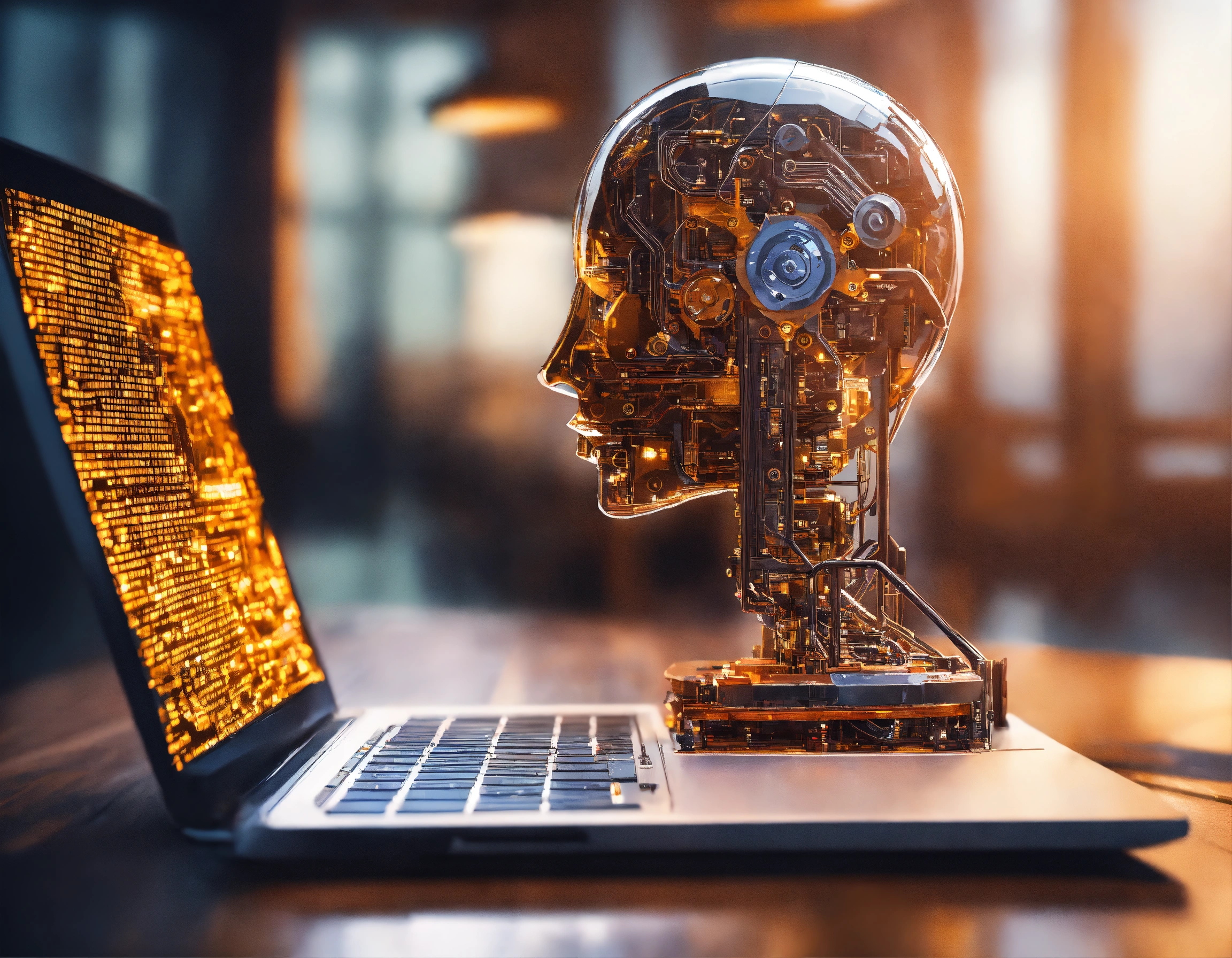
In 2025, artificial intelligence is no longer a futuristic concept — it's here, shaping how Canadians bank, shop, drive, and work. From voice assistants to hiring algorithms, the impact is undeniable. But so too are the concerns. According to a national survey conducted by the Canadian Institute for Digital Trust, nearly 68% of Canadians say they are “worried” or “very worried” about the pace and direction of AI adoption.
The most prominent fears revolve around three central issues: the erosion of data privacy, the displacement of workers by machines, and the rise of synthetic media — including deepfakes that can impersonate politicians, journalists, or loved ones. While innovation brings convenience, many Canadians are questioning what’s being lost in the process.
Canadians concerned about AI’s societal impact
Worried about job loss due to automation
Fear misuse of personal data by AI platforms
Job Security in the Age of Automation
From call centres to accounting firms, AI is rapidly replacing roles that were once considered stable. In Alberta, mining companies are now using autonomous drilling systems, while Ontario-based insurance firms are automating claims assessments. The shift is sparking debate about reskilling, universal basic income, and the broader future of labour.
Labour unions have begun lobbying for AI accountability legislation, demanding transparency in deployment and guarantees for human oversight. In sectors like health care and education, many workers are concerned that automation will reduce quality of service and devalue human expertise.
"AI isn't just doing the work — it’s reshaping how work is defined,"
The Deepfake Dilemma
In an election year, deepfakes have emerged as a major threat to Canadian democracy. In early 2025, several synthetic videos impersonating federal party leaders went viral on social media, triggering investigations by Elections Canada and cybersecurity watchdogs. While the content was quickly debunked, the damage to public trust lingered.
Experts warn that the tools to create hyperrealistic fakes are now accessible to almost anyone with a smartphone and the right app. What was once Hollywood-level technology is now being used to spread disinformation, harass individuals, or even commit fraud.
Data Privacy and Algorithmic Bias
AI systems rely on massive datasets — much of it sourced from user behaviour, social media, and public records. But who owns this data? And how is it being used? These are questions Canadians are beginning to ask with greater urgency. In 2025, a class-action lawsuit against a popular fitness app revealed that biometric data had been sold to third parties without consent.
Meanwhile, AI-driven decision-making in sectors like banking, policing, and hiring has been criticized for perpetuating racial and socioeconomic biases. In Toronto, a study by the University of Guelph found that automated resume screening disproportionately filtered out applicants with non-Anglo names.
Stay Ahead of the Story
Get breaking news, in-depth analysis, and exclusive insights from across Canada delivered straight to your inbox.
Subscribe NowWhere Do We Go From Here?
The Canadian government is preparing to introduce the long-awaited Artificial Intelligence and Data Act (AIDA), aimed at regulating high-impact AI systems, protecting user rights, and creating a public AI registry. But critics argue that enforcement remains a key challenge.
AI Literacy Campaigns
National programs are launching to teach Canadians how to spot deepfakes and protect their data online.
Ethical AI Research
Canadian universities are collaborating with tech firms to design bias-resistant, explainable AI models.
Public Consultation
Ottawa has launched town halls and online platforms for citizens to share concerns about AI policy.
Balancing Progress with Caution
As AI continues to shape the contours of Canadian life, the debate over its risks and rewards will only intensify. For many, the goal is not to stop innovation — but to steer it. That means transparency, regulation, and above all, public trust.
Canadians want to benefit from AI’s promise — smarter health care, cleaner cities, safer roads — but not at the cost of democracy, privacy, or dignity. The challenge now is to create a future where machines serve humans, not replace or manipulate them.